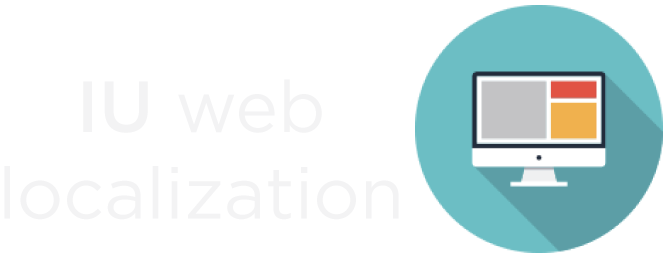As the United States grows increasingly more diverse in linguistics and in culture, it is becoming more important than ever that hospitals and medical facilities provide proficient, qualified medical translation services, life science translators and hospital interpreters in order to ensure delivery of the best healthcare for patients.
Any lack in interpretation skills can mean disaster for patients – relying on non-professionals to bridge language barriers can increase the risk of wrong procedures, diagnosis misunderstandings, medication errors, readmission’s and more. According to the Agency for Healthcare Research and Quality, 9% of the population in the U.S. is at risk because of language barriers. And 9% is too many. It has been shown that the most common problems due to a lack of interpreters is a lack of informed consent and medication errors.
Friends and Family Members
What about patients’ family members and friends? Most organizations advise against using loved ones on grounds that they can unintentionally do more harm than good. For one, family members and friends may not be familiar with the medical terminology in one or both languages. Second, emotions are involved when an impartial third-party hospital interpreter is not used.
In one documented case as stated in Modern Healthcare, a clinician communicated in French to a patient who spoke only Creole. In French, “estomac” means “stomach; in Creole, the similar-sounding “lestomak” can refer to the chest. Using no interpreter or an under-qualified interpreter can lead to a procedure on the wrong organ or body part – a potentially life-threatening error might ensue.
Contracting Qualified Hospital Interpreters
Many hospitals and medical facilities contract with companies that provide life science translators and medical translation services as well as hospital interpreters. Most hospitals now have established at minimum phone-based interpretation services, and it’s common for facilities in large urban areas to have comprehensive, in-house interpretation and translation professionals available.
The availability of interpreters in medical facilities is crucial to maintain an efficient and safe operation for hospital staff and patients alike. A lack of available interpreters can mean minutes or hours of delays for staff members as they wait for a professional to arrive or as they try to find a qualified professional. Time is often of the essence in medical settings, and for the well-being of patients and staff, the Joint Commission requires hospitals to provide professional interpretation services to every patient who needs them.
Share this Post
Contact Us
Making Connections Nationwide. For more information about our hospital interpreters and medical translation services, please call 800-726-9891 or fill out the form below.



